Health & Medicine
-
 Health & Medicine
Health & MedicineA gel cocktail uses the body’s sugars to ‘grow’ electrodes in living fish
A chemical reaction with the body’s own sugars turned a gel cocktail into a conducting material inside zebrafish brains, hearts and tail fins.
By Simon Makin -
 Science & Society
Science & SocietyLots of people feel burned out. But what is burnout exactly?
Researchers disagree on how to define burnout, or if the phenomenon is really another name for depression. Helping people cope at work still matters.
By Sujata Gupta -
 Life
LifeFungi don’t turn humans into zombies. But The Last of Us gets some science right
Fungi like those in the post-apocalyptic TV show are real. But humans’ body temperature and brain chemistry may protect us from zombifying fungi.
-
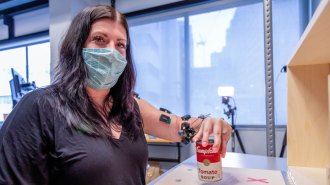 Health & Medicine
Health & MedicineA new treatment could restore some mobility in people paralyzed by strokes
Electrodes placed along the spine helped two stroke patients in a small pilot study regain control of their hands and arms almost immediately.
-
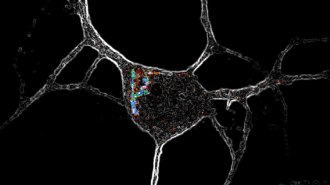 Health & Medicine
Health & MedicinePsychedelics may improve mental health by getting inside nerve cells
Psychedelics can get inside neurons, causing them to grow. This might underlie the drugs’ potential in combatting mental health disorders.
-
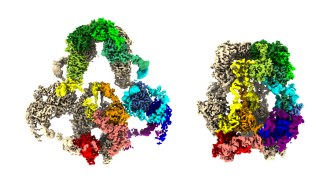 Health & Medicine
Health & Medicine3-D maps of a protein show how it helps organs filter out toxic substances
Images of LRP2 in simulated cell environments reveal the structural changes that let it catch molecules outside a cell and release them inside.
-
 Health & Medicine
Health & MedicineA chemical imbalance doesn’t explain depression. So what does?
The causes of depression are much more complex than the serotonin hypothesis suggests
-
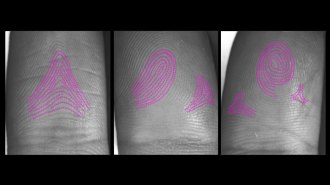 Health & Medicine
Health & MedicineHow fingerprints form was a mystery — until now
A theory proposed by British mathematician Alan Turing in the 1950s helps explain how fingerprint patterns such as arches and whorls arise.
-
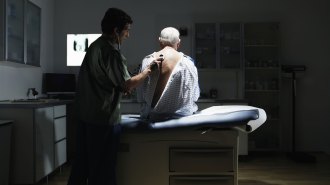 Health & Medicine
Health & MedicineThe deadly VEXAS syndrome is more common than doctors thought
The recently discovered inflammatory disease, VEXAS syndrome, typically occurs in men over 50, affecting nearly 1 in 4,000 in the United States.
By Meghan Rosen -
 Health & Medicine
Health & MedicineProcrastination may harm your health. Here’s what you can do
Scientists have tied procrastination to mental and physical health problems. But don't panic if you haven't started your New Year's resolutions yet.
By Meghan Rosen -
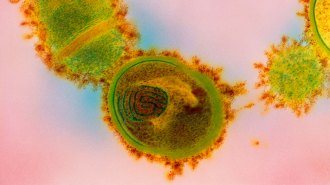 Health & Medicine
Health & MedicineToo much of this bacteria in the nose may worsen allergy symptoms
Hay fever sufferers have an overabundance of Streptococcus salivarius. The mucus-loving bacteria boost inflammation, causing an endlessly runny nose.
-
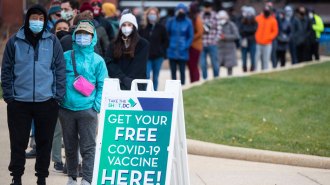 Health & Medicine
Health & MedicineHere’s what you need to know about COVID’s XBB.1.5 ‘Kraken’ variant
XBB.1.5, an offshoot of the coronavirus’s omicron variant, can hide from parts of the immune system, but vaccines and some treatments still work.